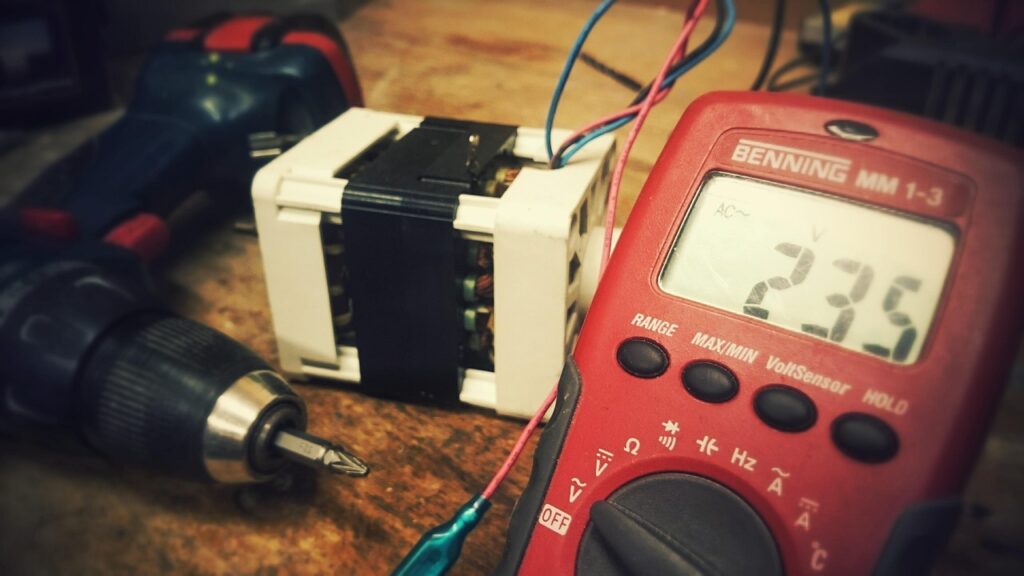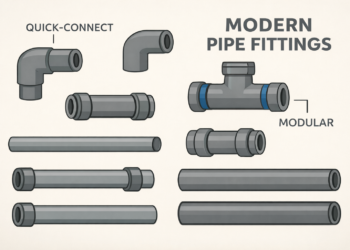
Electrical systems go unnoticed until something stops working. Yet, behind every light switch or outlet is a network of wires, circuits, and safety devices that require routine attention. An inspection provides an opportunity to identify minor issues before they escalate into more significant concerns.
Many property owners schedule inspections during upgrades, when buying or selling a home, or after noticing unusual electrical behavior. A licensed electrician in Shreveport conducts these evaluations with care, checking for potential hazards and outdated components to ensure the electrical system’s safety. The process helps ensure that the entire system continues to function safely, particularly in homes with aging infrastructure or increasing energy demands.
Examining the Wiring Throughout the Property
One of the first steps in any inspection is assessing the condition of the wiring. Shreveport professionals check for frayed insulation, exposed sections, or signs of overheating. Homes with older wiring types are usually reviewed more carefully to ensure compatibility with current electrical demands. In addition to physical condition, the inspection evaluates whether the existing setup can support the number of devices used in the home. This includes checking if certain areas show signs of strain, such as frequent breaker trips or flickering lights.
Reviewing Panels and Load Distribution
The main electrical panel is central to the inspection. Each circuit is tested for proper labeling, secure connections, and general condition. Inspectors in Shreveport also look for signs of rust or discoloration that may indicate internal wear or environmental exposure. A balanced load across circuits helps prevent unnecessary wear on the system. If one section of the property handles too much demand, recommendations may be made to improve distribution and maintain consistent performance.
Switch and Outlet Testing
Every outlet and switch is checked for secure wiring and correct voltage. Professionals in Shreveport also confirm that safety features, such as GFCI outlets, are installed and functioning in locations where water exposure is more likely. If outlets show signs of wear, such as buzzing sounds or loose connections, these are flagged for updates. Regular outlet testing helps maintain system reliability and supports the safe use of electronics throughout the home.
Inspecting Lighting and Exterior Fixtures
Light fixtures are inspected for safe installation, tight connections, and signs of heat exposure. Both indoor and outdoor lighting are included in this process. If any part shows signs of damage or unstable performance, the inspector will record this in the report. Outdoor electrical setups are checked to confirm they are weather-protected and suitable for long-term exposure. Surge protection may also be discussed, depending on the area’s weather patterns and the type of household electronics.
When to Consider an Inspection
Electrical safety inspections are beneficial beyond emergencies. Property owners in Shreveport generally schedule them during home purchases, renovation planning, or before adding high-powered appliances. These checks help confirm that the existing system can safely handle new demands.
Some common reasons to request an inspection include:
- Dimming or flickering lights
- Warm or discolored outlets
- Breakers tripping without a clear cause
- Sudden shifts in power flow
After the inspection, professionals may recommend services such as rewiring, panel upgrades, or generator installation to maintain long-term safety and system performance.
Local Solutions for Common Electrical Needs
In Shreveport, experienced electricians offer support beyond inspections. Services such as adding dedicated circuits, installing surge protection, or preparing systems for new technology are part of regular service calls. Residents seeking consistent performance can rely on trained teams that understand local codes and property-specific needs.
An electrician in Shreveport can detect early signs of system wear, perform necessary updates, and verify that all components operate safely through a routine inspection. These evaluations include panels, wiring, outlets, and fixtures, helping to reduce potential risks. By identifying concerns early, residents gain a clearer understanding of their electrical setup. Scheduling regular inspections supports long-term safety, system efficiency, and peace of mind for homeowners and property managers in Shreveport.











